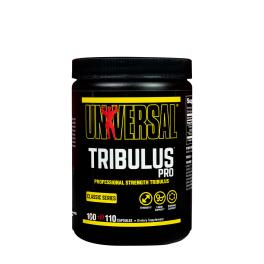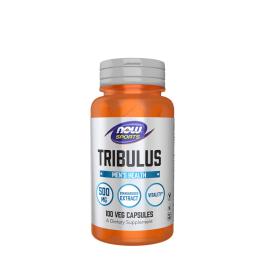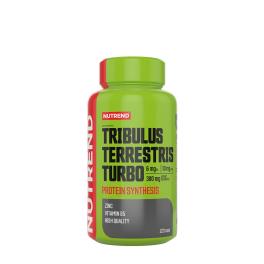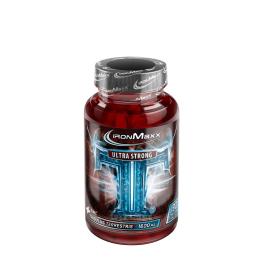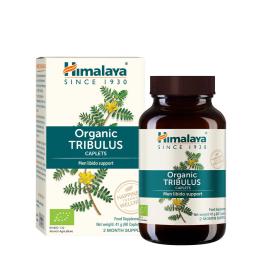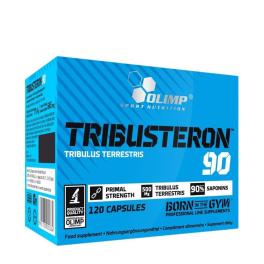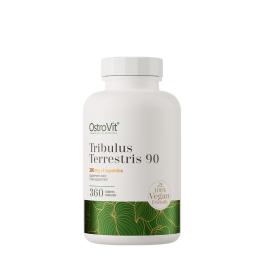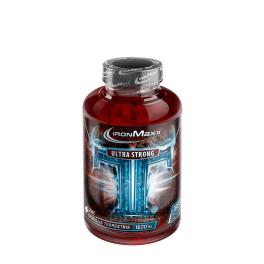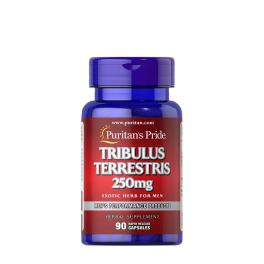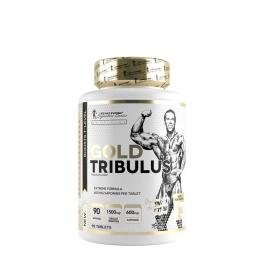The cherry melon (lat.:Tribulus Terrestris) is mostly native to southern Africa, Australia, India and Europe. There are also a lot of cherry melon in Hungary, the prickly little plant that can be so annoying on bike rides. The cherry melon is a creeping plant with a distinctive spiny fruit that is used medicinally.
The fruit of the cherry is also used in traditional Chinese, Japanese and Bulgarian medicine, as well as Indian Ayurveda.
Tribulus contains a wide variety of active ingredients, including endocrine disrupting saponins, antioxidant and anti-inflammatory flavonoids, tannins, polyphenols.
Of the saponins, the active substance protodioscin is the main active ingredient of cherry melon.
Protodioscin alone has a very low utilization, but when combined with various active substances (and other saponins) (which are present in cherry melon) its utilization is increased. This is because, due to special properties of saponins, they help the passage of different substances through the cell wall.
While cherry melon is best known for its testosterone and libido-boosting properties, it has also has powerful antioxidant, anti-inflammatory and blood sugar regulating properties, helping to fight various bacterial, viral and fungal infections, as well as general health-promoting effects.
Let's look a little more at its effects on testosterone and sexual desire - does the research really live up to its reputation?
There have been plenty of animal and clinical studies to decide this. Animal studies have produced some very interesting results: it has increased testosterone levels in both healthy and low testosterone animals. Clinical studies (in humans) have shown slightly more conslusive results.
The clinical studies in men have two endpoints:
- To find out if taking cherry melon extract improves impotence symptoms.
- To find out if cherry melon extract increases testosterone levels?
Very interestingly, in most studies, cherry melone extract, improved libido, increased sexual desire and also resulted in increased muscle mass and muscle tone, but in most studies, testosterone levels did not change significantly. The answer to this lies in the effects of IGF-1. Our bodies can use available testosterone to produce insulin-like growth hormone (IGF-1), which as the name suggests, acts as a growth hormone to increase muscle mass, and adequate IGF-1 levels are strongly associated with sexual desire and also have blood sugar regulatory effects.
The antioxidant effects of cherry melon further enhance the effect on libido, as oxidative stress is associated with the risk of impotence.
Overall, it may not necessarily be successful in increasing testosterone levels, but it may increase libido, sexual desire, muscle mass and muscle tone due to its effects on the hormone IGF-1. It can benefit anyone who wants to gain a little extra muscle mass or wants more performance both in the gym and in bed.
The average dose of cherry melon fruit is 250-1000 mg. There is not enough data to draw any conclusions about the safety of the extract, with only 1 to 1 case resports. It is therefore important to stick to the doses used and proven in studies (250-1000 mg).

